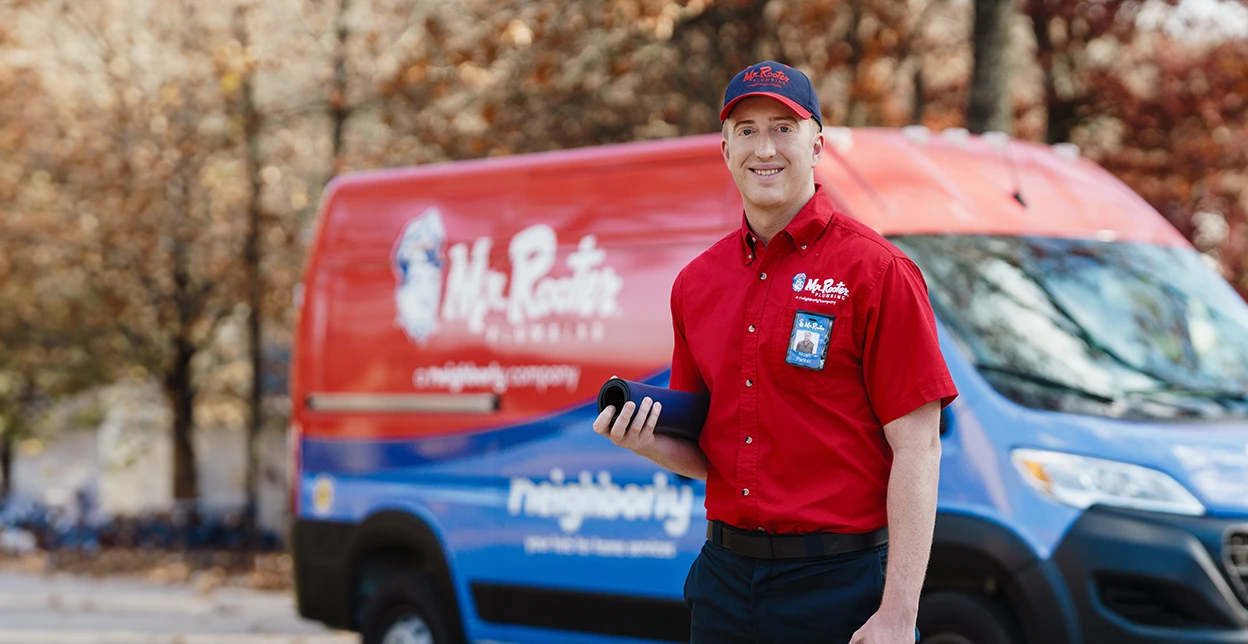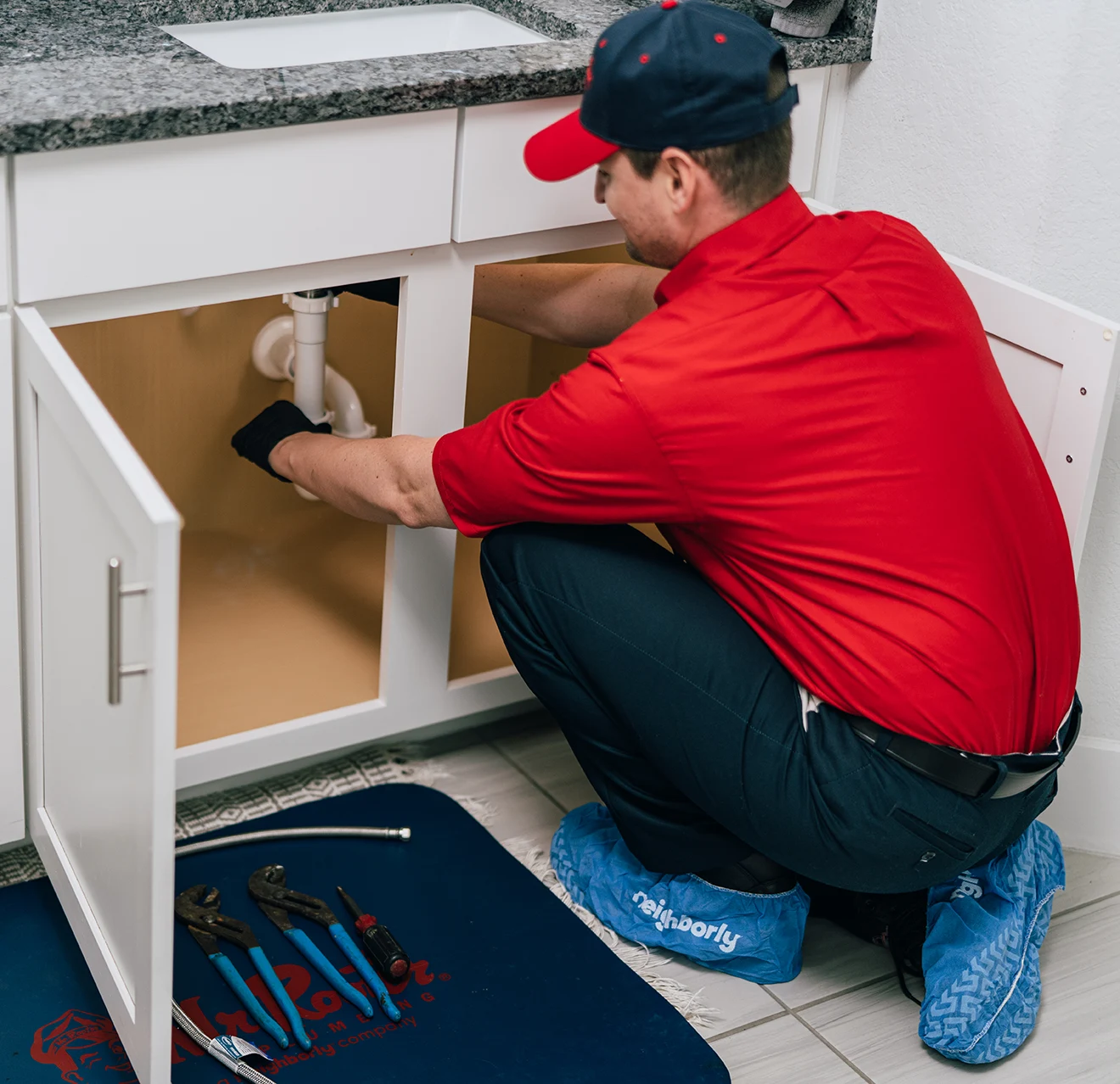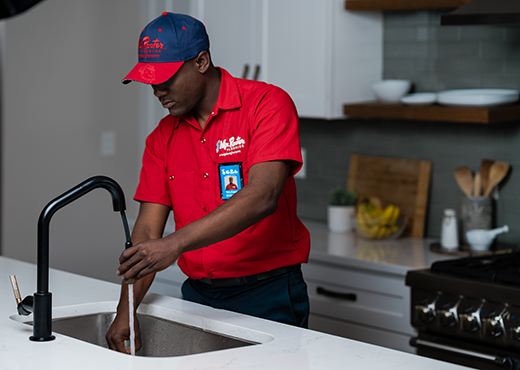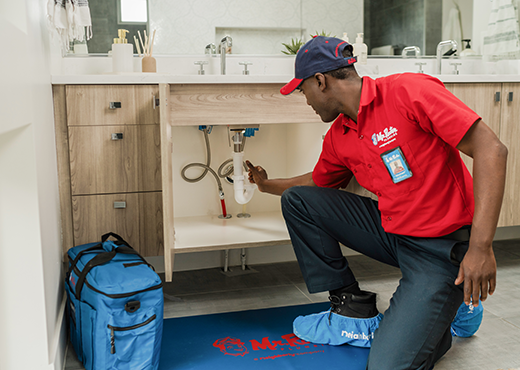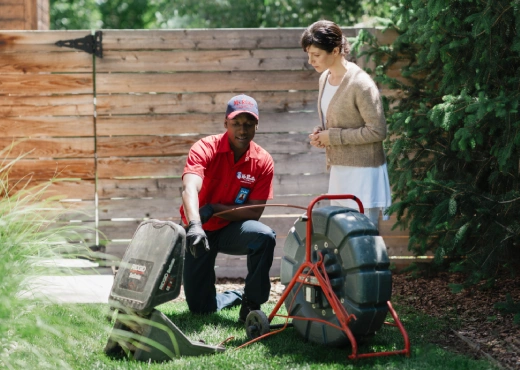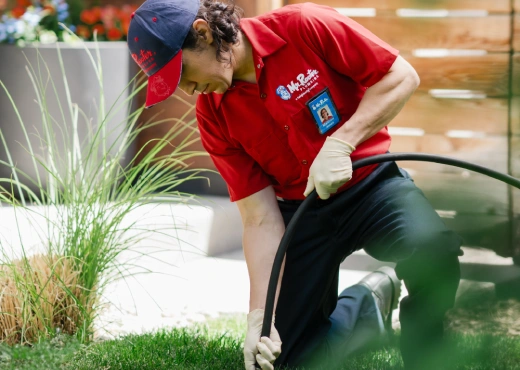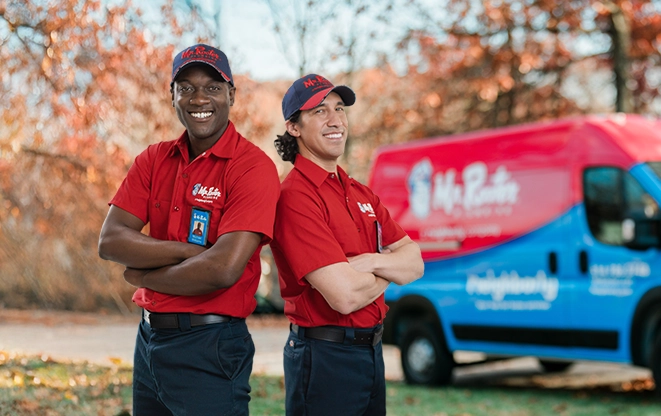As many homeowners are aware, even well-maintained drains clog every so often. When you pour grease, soap, and hair down drains regularly, you'll eventually have a clog or drain blockage on your hands. When this residue catches on the edges of pipes, your plumbing fixtures will begin to have trouble draining water, and it won't be long before you need professional drain cleaning. San Francisco plumbers from Mr. Rooter Plumbing of San Francisco can help you there.
Our licensed plumbing experts have the tools, expertise and experience necessary for thorough drain cleaning! San Francisco residents can depend on us when it's time to employ services detailing their drain needs. From video camera inspection to a clear and clean drain line, there's no one more trusted to take care of the job than we are! Need honest and reputable San Francisco drain cleaning services? Call us today or read on to learn more!
